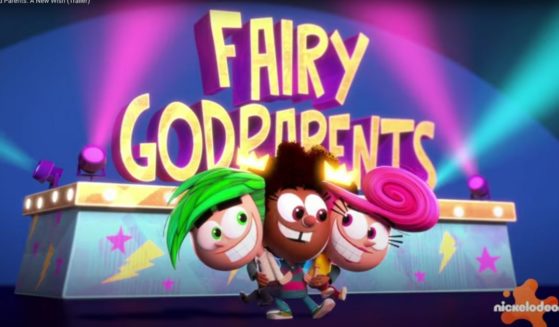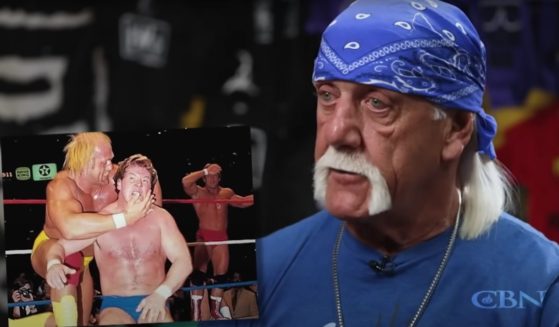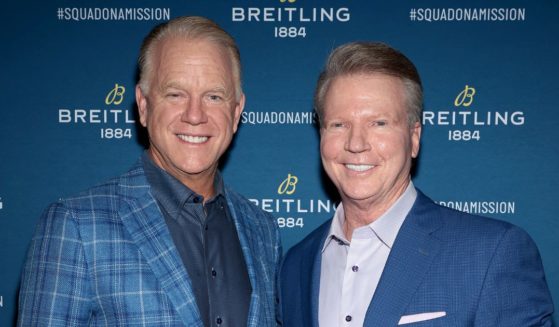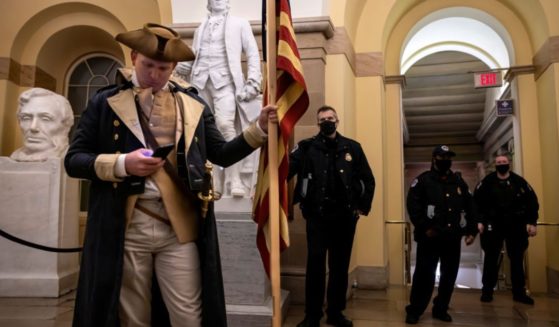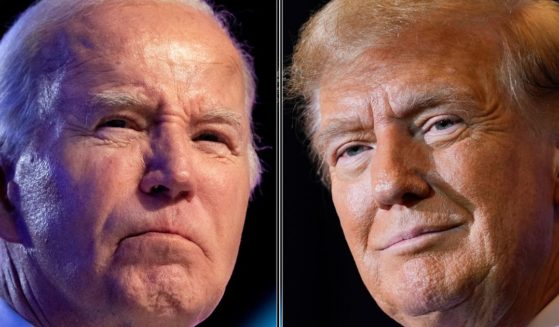Biden Boasted He'd Unite the Country, But Americans Are Now Openly Supporting Secession
The word “secession” conjures up images of war and killing — brother against brother and a country in chaos.
No one wants to see that, and yet the possibility, or at least the discussion of it, seems to be gaining momentum among Americans.
In his inaugural address, President Joe Biden spoke about uniting the nation — to build a nation “better than this,” not-so-subtly alluding to his predecessor, former President Donald Trump.
“I will give my all in your service thinking not of power, but of possibilities,” Biden said.
“Not of personal interest, but of the public good.
“And together, we shall write an American story of hope, not fear.
“Of unity, not division.”
Considering what has followed, it amounted to a painfully empty boast — especially the “not of personal interest, but of the public good” part, in light of the credible corruption allegations that continue to grow around him and his family.
A new analysis by Washington Post columnist Philip Bump seems to indicate that two years later, the nation is more divided than ever, and seeds of secession are starting to take root.
The piece discussed Georgia Rep. Marjorie Taylor Greene‘s Sept. 11 post on X, the platform formerly known as Twitter, in which she wrote that states should consider secession.
“If the Biden admin refuses to stop the invasion of cartel led human and drug trafficking into our country, states should consider seceding from the union. From Texas to New York City to every town in America, we are drowning from Biden’s traitorous America last border policies,” Greene wrote.
If the Biden admin refuses to stop the invasion of cartel led human and drug trafficking into our country, states should consider seceding from the union.
From Texas to New York City to every town in America, we are drowning from Biden’s traitorous America last border policies.
— Rep. Marjorie Taylor Greene🇺🇸 (@RepMTG) September 11, 2023
But while MTG aimed her reason for secession at the federal government’s policy, Bump’s analysis suggested that support for secession is rooted in the significant differences between “red” (conservative) and “blue” (liberal) states. Those differences are not just in political ideology but in quality of government services and overall governance, according to new research by Colby College assistant professor Nicholas F. Jacobs, the Post analysis revealed.
Jacob’s research included asking respondents a number of questions, three of which concerned secession.
About 18 percent of respondents agreed with secession-related proposals, indicating a significant portion were willing to consider having states they disagreed with leave the union, having their own state or some kind of division in the country.
“No longer one country seeking to accommodate diverse peoples, some individuals see many peoples fitting uneasily into one federation, threatening collective decision-making, in the United States, between 20 and 30 percent of Democratic and Republican partisans are willing to express some agreement with secessionist sentiments, even in the absence of a major secessionist party or movement,” Jacob’s wrote.
In a sense, it feels like the country is already seceding — from each other. States are separating along political and ideological lines, with strongly held beliefs on key issues like abortion on both sides. Some political groups have even issued travel advisories against states that hold policies they disagree with, such as the one issued by the NAACP about Florida.
In March, an Axios-Ipsos poll revealed that one in five Americans support a separation between the states, with Republicans and Democrats forming different countries.
According to this ipsos poll, 1 in 5 Americans support a “national divorce” https://t.co/feYjXcE1e3
— Gabriel Joachim (@GabrielTJoachim) May 25, 2023
Also in March, Texas state Rep. Bryan Slaton, a Houston Republican, filed a “Texit bill” that would allow Texans to vote on whether the state “‘should reassert its status as an independent nation’ during the next general election,” according to the New York Post
On a personal level, I would venture to say that while most Americans I know aren’t ready for a “national divorce,” the marriage is definitely on rocky ground.
Even areas of what should be common ground, such as the education of our children, are now a polarized mess with radical differences on topics such as critical race theory and gender ideology dividing parents and children alike.
Can there be a reconciliation? One certainly hopes so.
But, as with any struggling marriage, it will take prayer and hard work.
Because, like with any broken marriage, the ones who are the most affected by this animosity are the next generation — the children.
Truth and Accuracy
We are committed to truth and accuracy in all of our journalism. Read our editorial standards.


